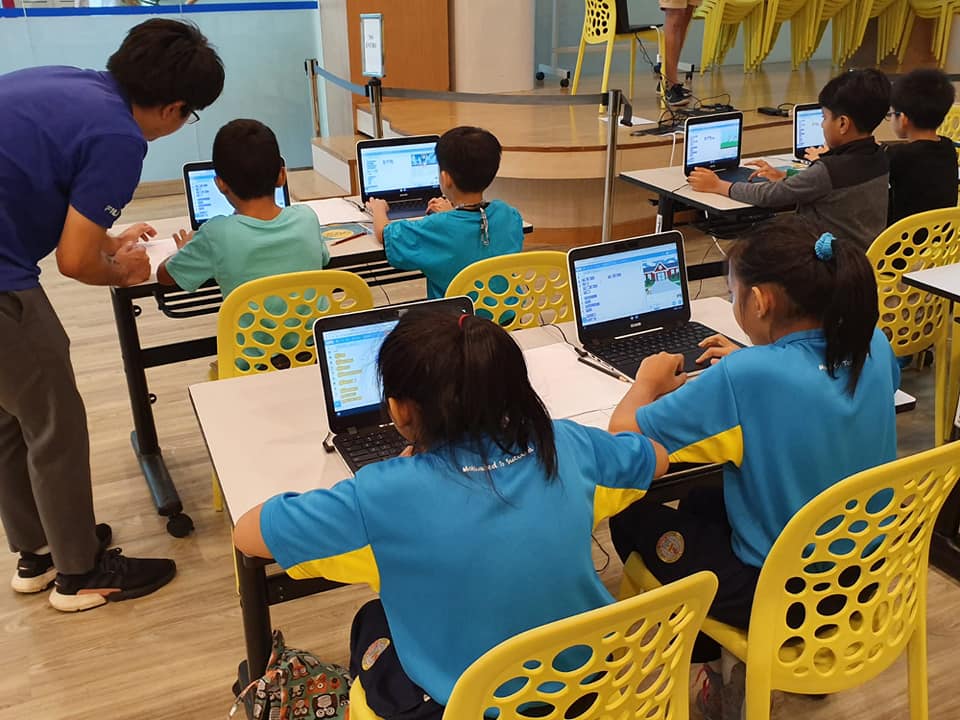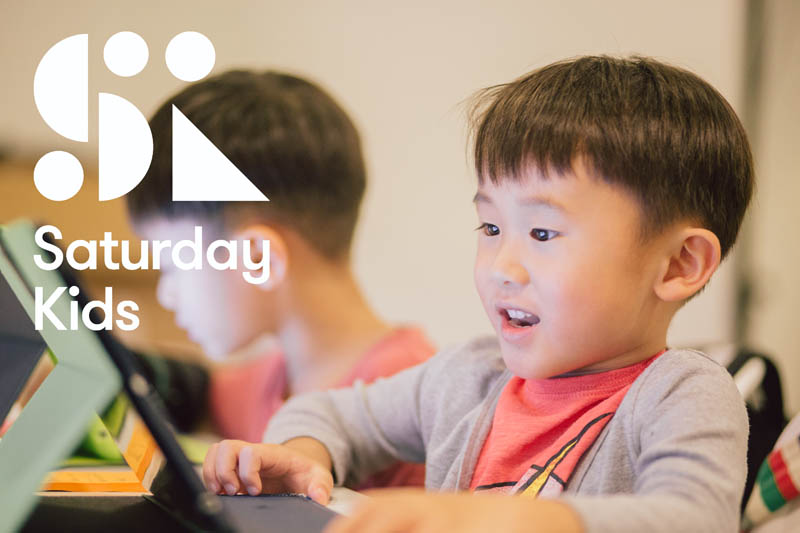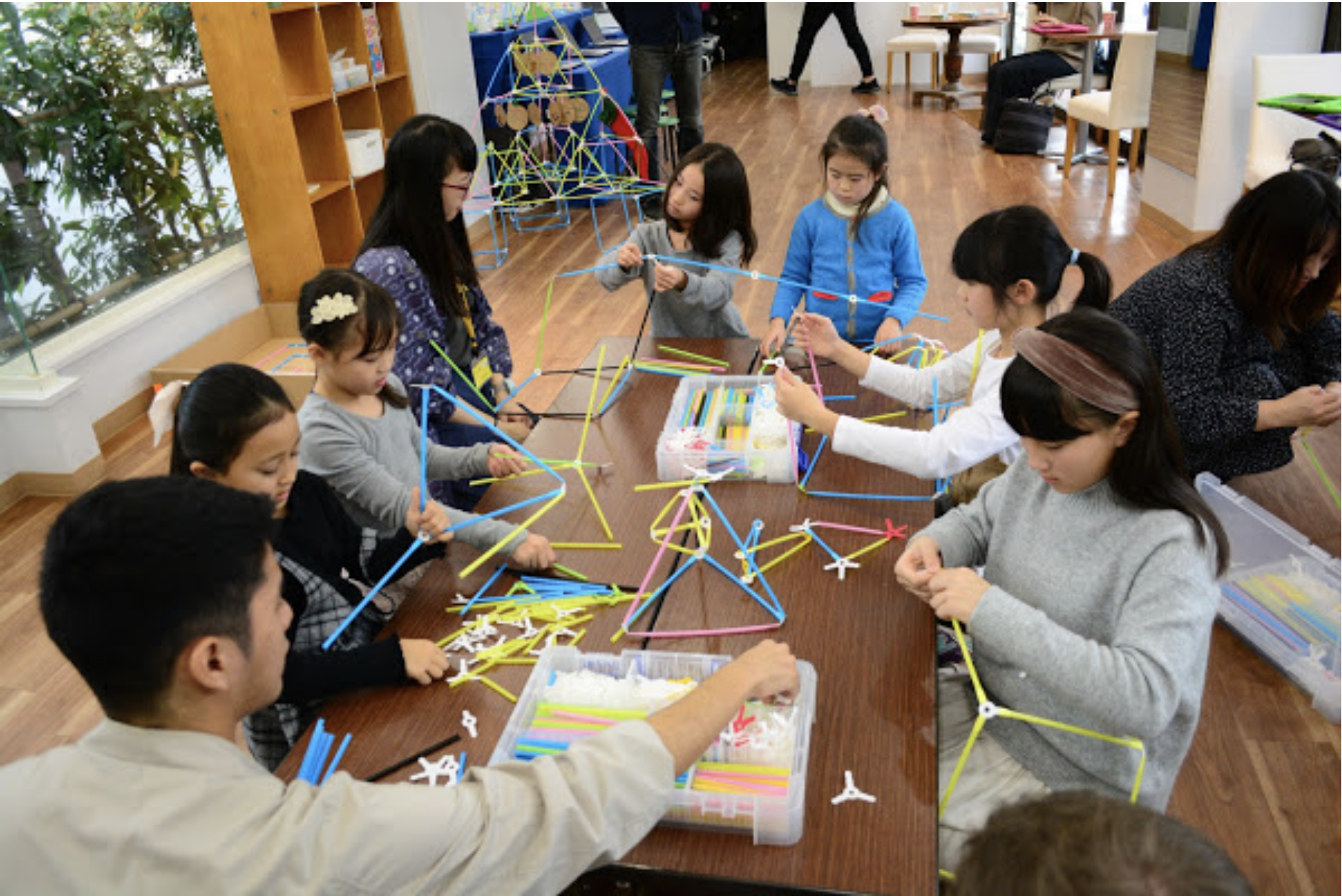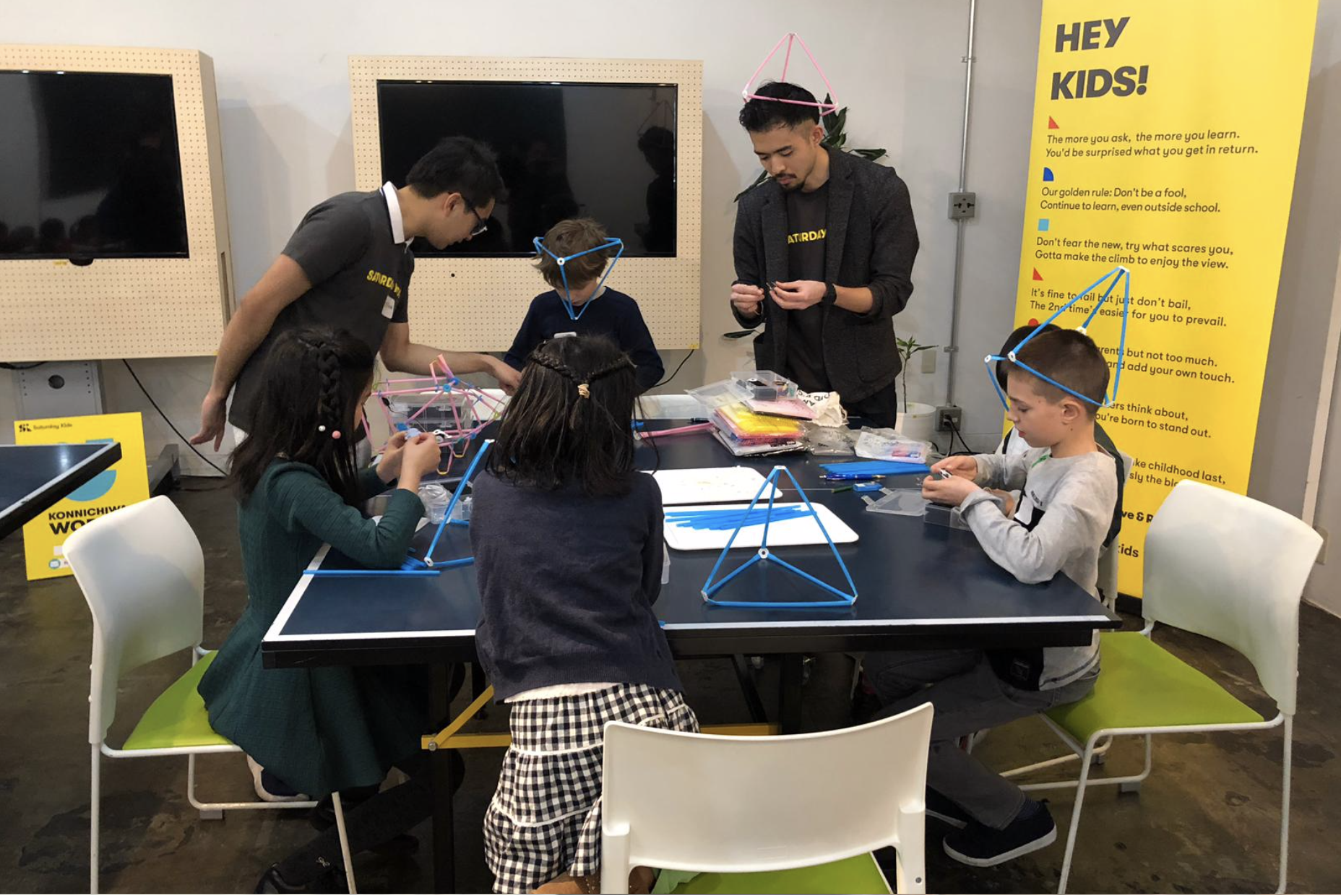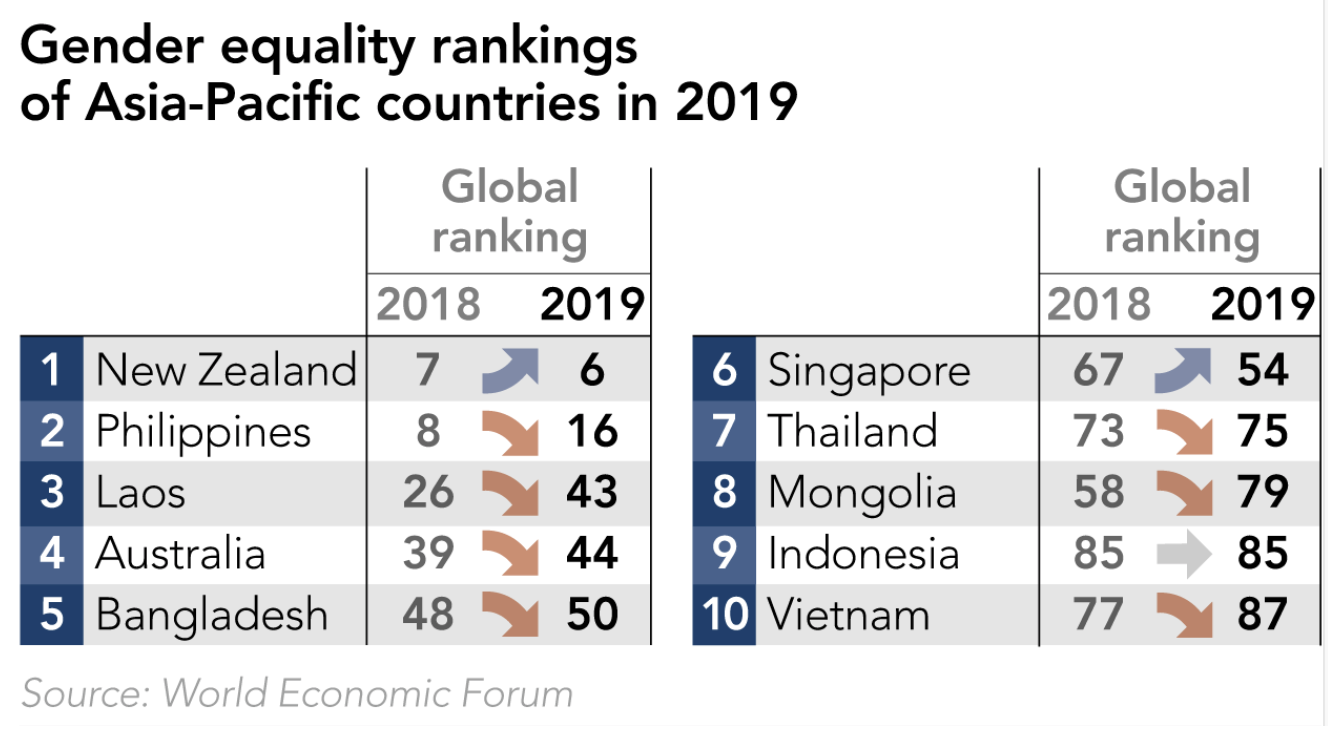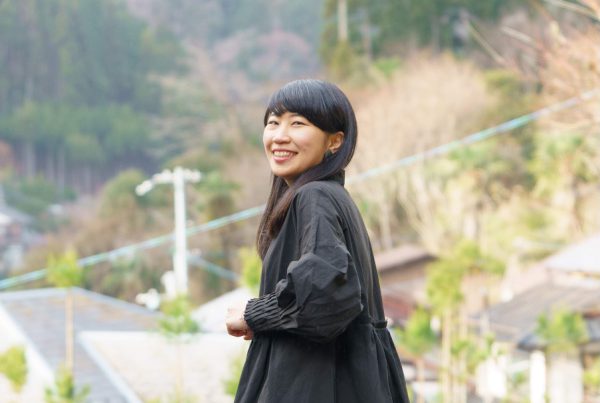Tech leaders such as Bill Gates (Microsoft), Jack Dorsey (Twitter), and Mark Zuckerberg (Facebook) all advocated in the past how young people should learn how to code. The Nagaoka Review spoke with Tsuyoshi “Yoshi” Domoto, Country Manager of Saturday Kids Japan, to get his insights on coding, education, and social issues such as gender equality in Japan.
Finding his mission in Honduras
Yoshi was born in Sapporo, Japan but grew up outside of it for the majority of his childhood. At age four, he and his family moved to Taipei, Taiwan, and then to Hong Kong, SAR (China) and finally to Seoul, South Korea where he finished high school. Yoshi attended a liberal arts college in Los Angeles, United States where he received a bachelor’s degree in International Relations and Economics.
After finishing college, he initially started his career in investment banking but left after two years to join a friend’s non-profit organization that provided microfinance loans for small-scale farmers in La Union, Honduras.
While this was a good option to help alleviate the condition of some farmers, microfinancing alone could not help the farmers escape from the cycle of poverty.
The non-profit organization thus also provided market access, agricultural training as well as conducted community development projects in addition to microfinance; however, Yoshi saw that the lack of access to educational resources was the biggest factor that was limiting the potential of the local people – including the farmer’s children.
He thus decided to kickstart a project through a crowdfunding campaign that led to the establishment of the town’s first community library.
Yoshi Domoto talks about what led him to discover his true passion. Photo credit: Gino Gordon
“Every child has the right to have access to high-quality education regardless of the child’s history and upbringing,” Yoshi said at a networking event in Toranomon Hills back in December 2019.
The project which helped build La Union’s first community library, led Yoshi to discover his true passion which was in the field of education. In a touching moment during his talk, he also shared a story of how his grandmother never completed her schooling and that he felt his purpose in life was to do what he could to spread access to a quality education not only here in Japan but also around the world.
This personal story and his exposures abroad culminated to his current career path where as the Country Manager of Saturday Kids Japan, he is leading a movement to get kids here in Japan to learn to become curious through combining coding and English language education.
Cultivating the Future Generation with Coding
In January 2019, Yoshi opened the doors of Saturday Kids for the first time in Japan. Saturday Kids is an internationally recognized coding school founded in Singapore in 2012.
In addition to curiosity, other soft skills such as creativity, adaptability, problem solving, discipline, collaboration, and try-and-fail mentality are all part of the qualities that the curriculum and experience at Saturday Kids Japan aim to deliver.
“We are already seeing that a lot of opportunities today and in the future will be based on the ability to read and write code. The digital media we are consuming today and the technology that powers it relies heavily on coding,” Domoto shared.
But there aren’t enough people who are trained with these skills today.
According to a past report by the Smithsonian Science Education Center, around 2.4 million STEM jobs will go unfilled in 2018. And with only 10% of STEM graduates taking computer science, the demand for future workforce with coding skills will remain high.
Saturday Kids Japan isn’t just solely focused on teaching kids how to code so they can secure a lucrative career in the future. While great to know in and of itself, coding can also be used to teach a host of other skills that are timely and relevant in today’s digital age.
”At Saturday Kids Japan, we want to inspire every child to become a curious, self-directed learner.
Tsuyoshi “Yoshi” DomotoCountry Manager of Saturday Kids Japan
Kids as young as five are exposed to a creative, collaborative, and fun environment. Photo credit: Saturday Kids Japan
Yoshi participates with students in thinking about and actually creating what they really wanted to make.
Photo credit: Saturday Kids Japan
“Every child will eventually need to problem solve. Why not teach them that critical skill while they are young?” Domoto shared.
At Saturday Kids Japan, participants as young as five years old start to learn computational thinking in English.
“Japan must stay relevant and connected to the increasingly globalized world. And the only way to do this is to train the next generation with the proper IT skills combined with English language skills. Digital literacy combined with English literacy are the two key components that will allow Japan to continue to contribute to the world in the 21st century,” Domoto believes.
Saturday Kids Difference
Saturday Kids Japan offers programming as well as electronics, digital art, and design thinking classes that are suitable for young learners. Participants start coding offline by building with an award-winning educational tool called Strawbees which teaches them structural engineering before they move on to screen-based programming.
And while classes are in English, their instructors are mostly bi-lingual in Japanese, creating an immersive English environment for the child that is gentle and worry-free.
“Kids get the chance to use technology as a tool to express themselves. The environment allows them to bring their imagination to life, discover their passion, and define success for themselves,” said Domoto.
And what makes this environment possible are the teachers.
”Despite all these tech advancements, you can never take away the human element out of education. Learning and teaching are both human activities. We cannot take away the human presence out of that equation.
Tsuyoshi “Yoshi” DomotoCountry Manager of Saturday Kids Japan
Coding and Reshaping Gender Equality in Japan
In the future, Domoto hopes that schools like Saturday Kids can help close the gender gap in Japan.
According to the World Economic Forum, Japan is ranked 121 in gender equality in 2019.
Using computational thinking, he broke down the problem and explored how the program at Saturday Kids Japan can impact the situation.
- Decomposition. Breaking down complex problems into smaller, more manageable chunks. In Japan, women rank low in political empowerment (144th in the world) and in economic opportunity and participation (115th).
- Pattern recognition. Looking for patterns and determining what current and past data are relevant to the problem. In the past and up to the present, women are not well represented in senior and leadership roles in both politics and business.
- Pattern generalization. Identifying the details that are relevant to solving the problem and disregarding the irrelevant information. It is noticeable how limited or obstructed the pathways are for women to rise to leadership positions.
- Algorithm design. Determining the steps and rules to follow in order to achieve the same desired outcome every time. Education can serve as a pathway to gender equality. “If we empower young girls to code and speak confident English, we can increase the number of female founders in tech. That means, higher representation of female leaders in senior and leadership roles, which translate to higher economic opportunities and participation,” Domoto believes.
“I hope that a child that takes part in a Saturday Kids class will come to learn that learning can actually be quite fun! With that mindset, that child will be able to expand their potential and hopefully leave a positive impact on society through whatever field of study that child may end up pursuing. I believe that the biggest responsibility and also what brings the greatest pleasure as an educator is to know that one of your students, through the education which they received, grew up and went on to positively impact their family, their community and the world around them,” Domoto concluded.

